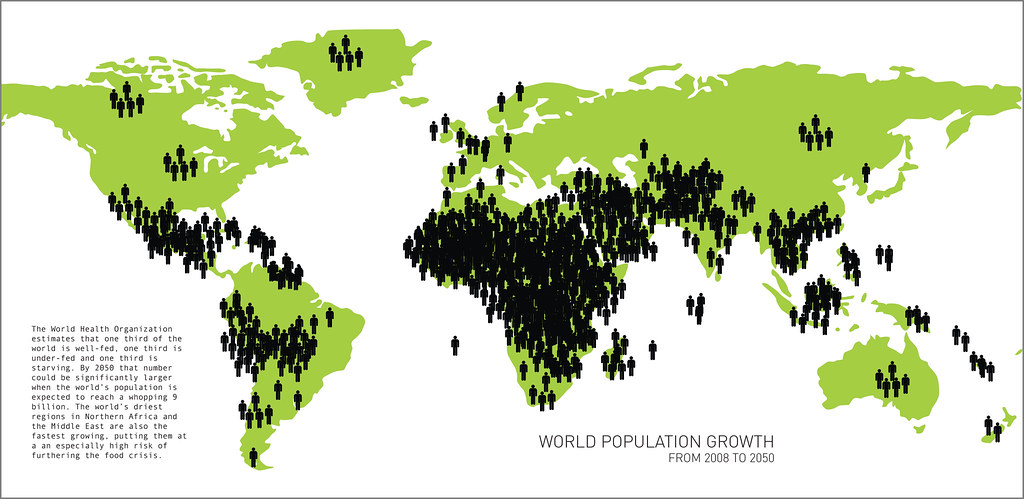The global population of Christians is one of the most dynamic aspects of contemporary religious landscapes. As diverse cultures interlace with spiritual ideologies, the Christian faith has adapted and flourished in various regions, often influenced by sociopolitical factors, cultural exchanges, and demographic trends. This article will delve deeply into some of the most profound growth areas of Christianity and examine the multifaceted nature of Christian demographics worldwide.
The current estimation suggests that approximately 2.3 billion individuals identify as Christians, making it the world’s largest religion. However, it is essential to explore not just the numbers, but the rich tapestry of experiences, worship practices, and theological interpretations that characterize Christian communities across the globe. The present growth patterns reveal intriguing insights into where faith is thriving.
In Africa, for instance, Christianity has witnessed meteoric growth over the last century. Beginning as a minority faith brought by European missionaries, it has burgeoned into a predominant force encompassing a variety of denominations such as Roman Catholicism, Protestantism, and independent churches. Factors contributing to this upsurge include high birth rates, a youthful population, and the societal transformation associated with urbanization. In many regions, Christianity serves as a cornerstone for community identity and cohesion amidst rapid changes and challenges, such as political instability and economic hardship.
Sub-Saharan Africa is a vibrant canvass of Christian expression, from charismatic megachurches attracting thousands of worshippers to indigenous communities that interpret Christian tenets through local cultural lenses. This syncretic approach often manifests itself in unique worship practices, blending traditional music and rituals with gospel preaching. As a result, the African Christian experience is both profoundly local and universally connected to the broader Christian narrative.
Turning to Asia, the scenario shifts dramatically. While countries like Indonesia and the Philippines report substantial Christian populations, others present a more nuanced picture. In nations such as China, Christianity has experienced remarkable clandestine expansion. Despite governmental restrictions and societal pressures, numerous house churches flourish, representing a resilient and fervent Christian underground movement. This phenomenon underscores a compelling narrative of faith in adversity, embodying the biblical exhortation to persevere against formidable challenges.
Remarkably, projections indicate that by the year 2030, China could host one of the largest Christian populations in the world. The trajectories of evangelism in these regions reveal the innovative strategies employed by Christians to navigate complex sociopolitical terrains. Religion, in this context, transcends mere belief—it becomes a vehicle for social justice, community support, and grassroots empowerment.
In the Americas, particularly Latin America, Christianity remains a giant presence, albeit manifesting through various forms. The Roman Catholic Church maintains significant influence; however, Protestant denominations, especially Pentecostalism and Evangelical churches, are witnessing rapid growth. This transformation is intricately woven into the social fabric of Latin American societies, where spiritual practice often converges with social movements advocating for human rights, gender equality, and the empowerment of marginalized groups.
The intersection of Christianity with local cultural practices further enriches its expression. With festivals and rituals often blending indigenous traditions with Christian celebrations, the religious landscape becomes a mosaic of vibrant faith experiences. For many believers, this approach fosters a sense of belonging and spiritual authenticity, allowing faith to resonate within the context of their lived experiences.
Meanwhile, in Europe, the narrative of Christianity evolves into a conversation about secularism and revival. Historically a bastion of Christian thought and practice, Europe now grapples with the implications of declining church attendance and the rise of secular ideologies. Nevertheless, pockets of revival persist, often among immigrant populations and in the form of independent, charismatic churches. These communities not only contribute to the vitality of Christianity in Europe but also highlight the ever-changing relationship between faith and culture.
Moreover, the topic of religious pluralism can’t be overlooked. As Christians navigate a landscape increasingly populated with various worldviews, they confront both challenges and opportunities for interfaith dialogue. The essential call to love one’s neighbor becomes even more profound in this context, encouraging Christians to engage thoughtfully with those from different religious traditions.
The demographic shifts within Christianity also prompt critical discussions around leadership, theology, and the future direction of the Church. As voices from the Global South gain prominence on the world stage, theological perspectives rooted in distinct cultural backgrounds enrich global discussions about doctrine, ethics, and societal issues. The rise of global Christianity signifies not only an increase in number but also a deeper quest for relevance in an ever-evolving world.
As the landscape of Christianity continues to evolve, the potential for faith-based contributions to social transformation remains significant. Christian communities across various continents are increasingly involved in humanitarian efforts, advocating for environmental stewardship, and promoting social justice initiatives. The embrace of a holistic gospel reflects a growing understanding that faith is meant to intersect meaningfully with everyday life.
In conclusion, the population of Christians around the globe illustrates a remarkable story of growth and adaptation, woven through diverse cultures and experiences. Whether in Africa, Asia, the Americas, or Europe, the character of faith is changing, offering new insights into how Christianity can flourish in a modern context. As followers of Christ navigate their respective challenges and opportunities, the essence of Christian witness will undoubtedly be redefined through the lens of these transformative experiences.



